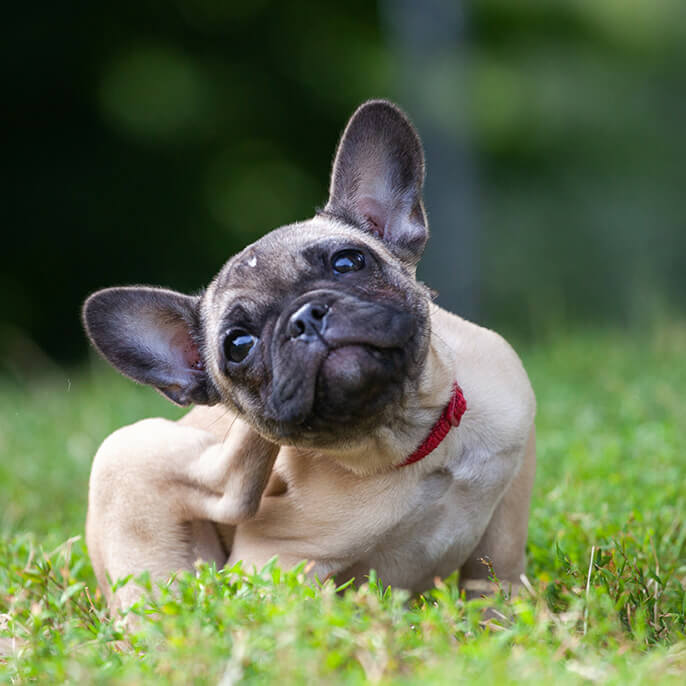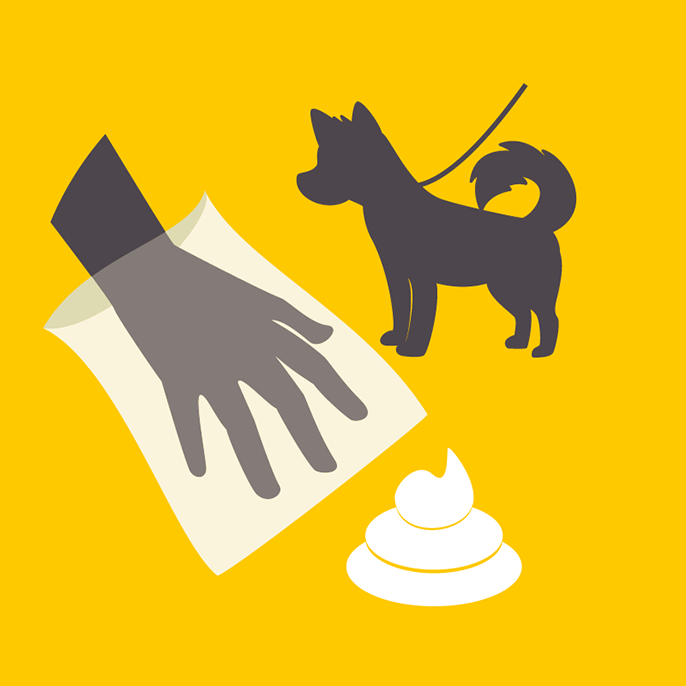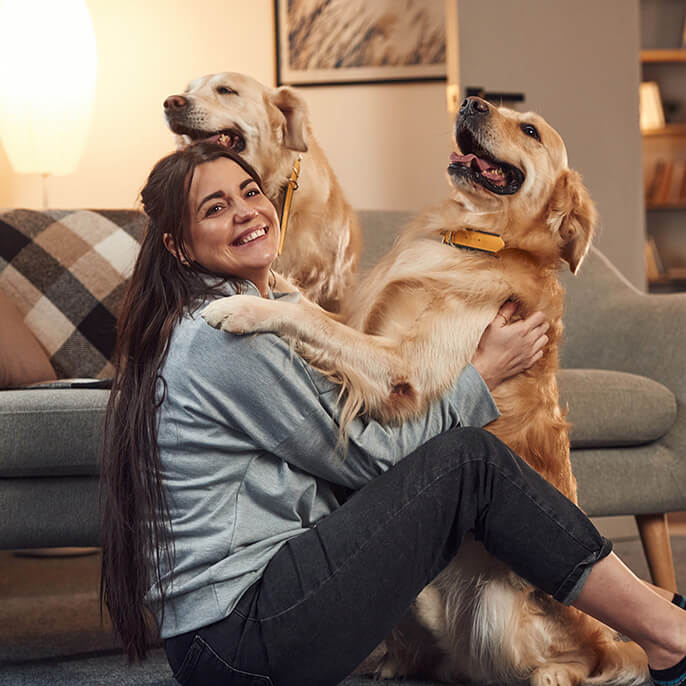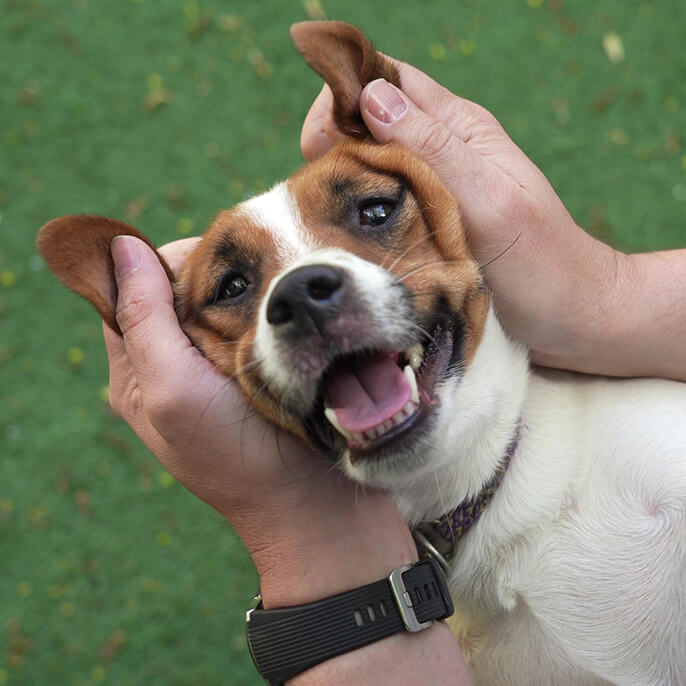Parent Tips
Check out our Pet Parent Tips for resources on common pet issues and parent tricks to help navigate the best life with your furry friend. Articles are updated often, so be sure to check in for the newest in valuable information for both new and experienced pet owners.


How to Soothe Your Dog’s Itchy Skin
Adding a supplement with natural omega-3 fatty acids can help combat your pet’s itchy skin. Using a softchew supplement promotes healthy and smooth skin and a shiny coat. Most dogs abso-woof-ly love the flavor!

What Does White Dog Poop Mean?
If you notice your dog’s poop is white, it can certainly raise questions. White dog poop results from a few different things.

Pet First Aid Items You Should Always Have on Hand
Pet first aid is emergency treatment administered to an injured or sick animal to ensure an unusual or life-threatening event can be controlled until professional medical care is available.

What to Consider When Adding a Second Dog to Your Family
Dogs are highly social creatures and may become bored and act out when left alone. So, logically adding another dog make sense since many of us work long hours.

Calming Dog Massage Techniques
While there’s dog-friendly supplements that can help reduce your dog’s stress, there more owners’ can do for their dogs. Whether your dog is stressed, anxious, or is just tense, these dog massage techniques can bring calm and comfort to your fur baby.
